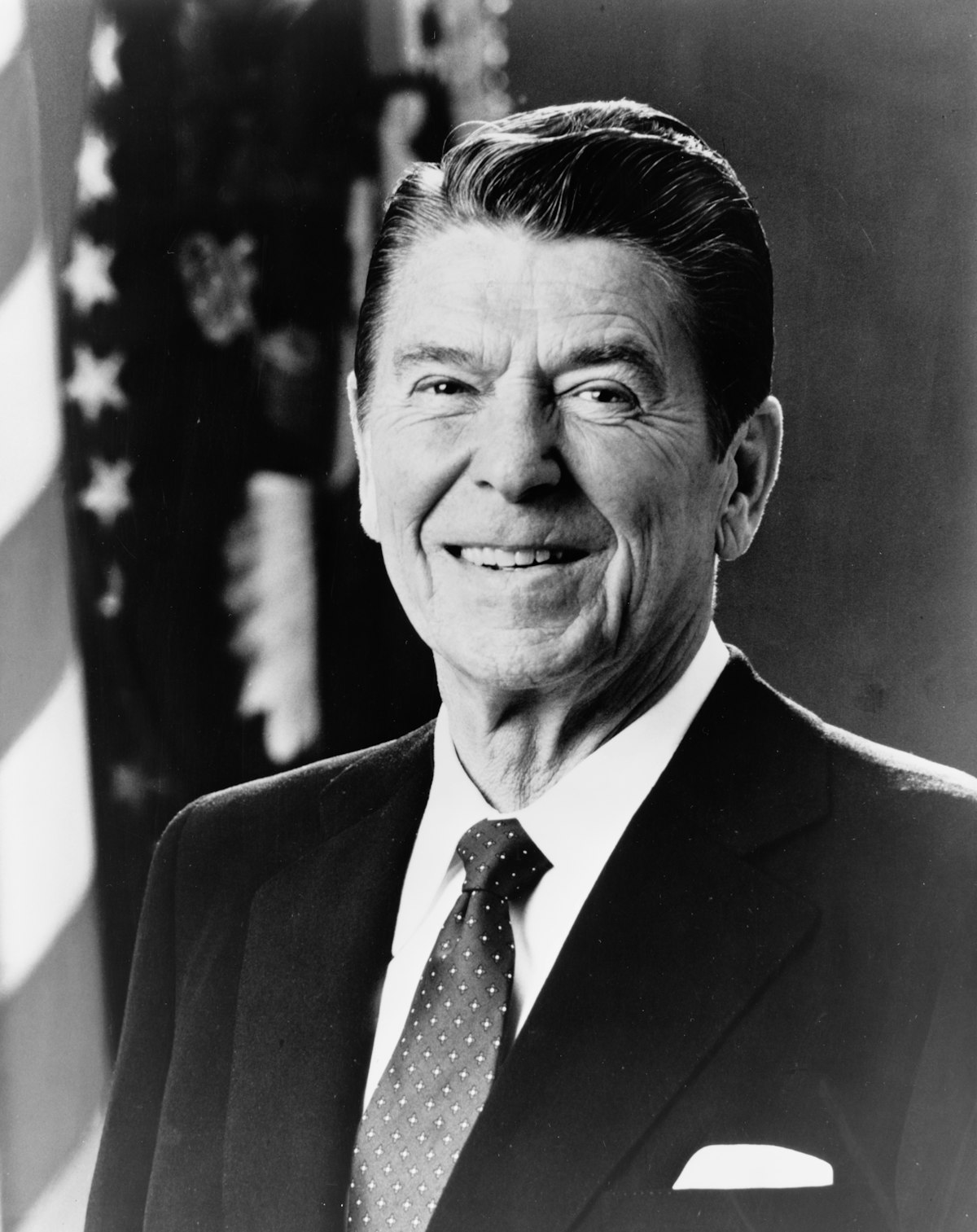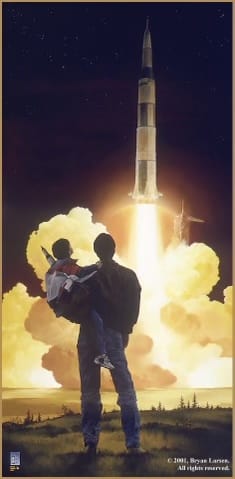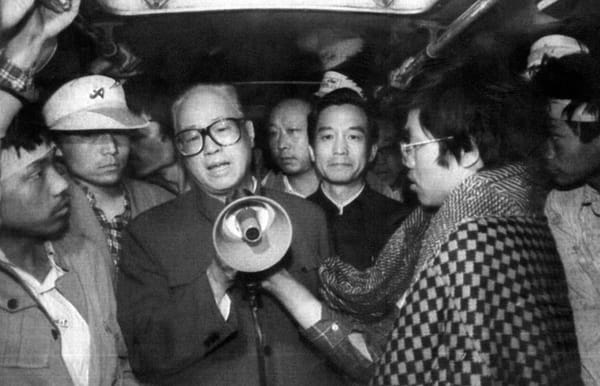The Partial Re-emergence and Tragic Fall of American Self-Esteem: Two Cheers for Ronald Reagan

The Cold War is perhaps the most tragic and unnecessary conflict since the World Wars. Yet the conflict finally drew to a close during the 1980s, with the ascendancy of Ronald Reagan and his strategy of financially bankrupting the Soviet Union through a renewed arms race. Seeing the inferior economic capacity of the Eastern Bloc, and knowing that the Eastern Bloc communist economic model could not compete with the mixed market economy of the United States and its western allies, Reagan and his advisors committed to increased expenditure on conventional and nuclear weapons in an effort to force the Soviets into an arms race that they knew would bankrupt the Soviets.
The strategy was effective, and forced the Soviets to pursue negotiations for arms reductions and rapproachment with the West. And by verbally proclaiming the superiority of the relative economic and political freedom in the West, and denouncing the Soviet Union as an "evil empire," Reagan gave moral support to the liberal and pro-democracy movements throughout Eastern Europe. This is not to say that Reagan was perfect, far from it. He clearly didn't advocate for laissez-faire capitalism and his cooperation with the religious right has had reverberations and negative consequences in recent decades. He also had several incidents of moral weakness in the face of foreign despotism, failing to stand up to terrorists in Iran and Lebanon, among other incidents.
But his rhetoric was often quite good, particularly when it came to support for the nascent freedom movements throughout the Eastern Bloc, and this marks him as a particularly courageous and strong leader by modern standards. In particular, his "Tear Down this Wall" speech stands out as an example of self-esteem and confidence in the superiority of American values (particularly given that many of his own advisors supposedly discouraged him from uttering those words). Reagan proclaimed:
We welcome change and openness; for we believe that freedom and security go together, that the advance of human liberty can only strengthen the cause of world peace. There is one sign the Soviets can make that would be unmistakable, that would advance dramatically the cause of freedom and peace. General Secretary Gorbachev, if you seek peace, if you seek prosperity for the Soviet Union and Eastern Europe, if you seek liberalization: Come here to this gate! Mr. Gorbachev, open this gate! Mr. Gorbachev, tear down this wall!
One can observe the echoes with his 1964 "A Time for Choosing" speech, which is probably his best articulation of American values (and possibly the best post-war American political speech). These words make a clear statement that Americans do not seek peace at any price, though we are eager to accept peace on our own terms. It makes it clear that the Eastern European peoples can pursue a better life for themselves, with both political freedom and material prosperity unimaginable under communism. It also provides an implicit threat: that peace will be impossible unless these despotic regimes abandon their commitment to destroying wealth and the United States. It is not nuanced. It is not filled with pleas for compromise between the two extreme visions of freedom and totalitarianism. Instead, it makes it clear that there is a binary choice: between freedom and peace, or despotism and destruction.
It is tragic that leading American politicians have not given such moral support to the people of Hong Kong, North Korea, China, Iran, Saudi Arabia, etc. in recent years. And if President Biden were to do so, it is likely that pro-freedom movements in those nations would at least have a fighting chance.




